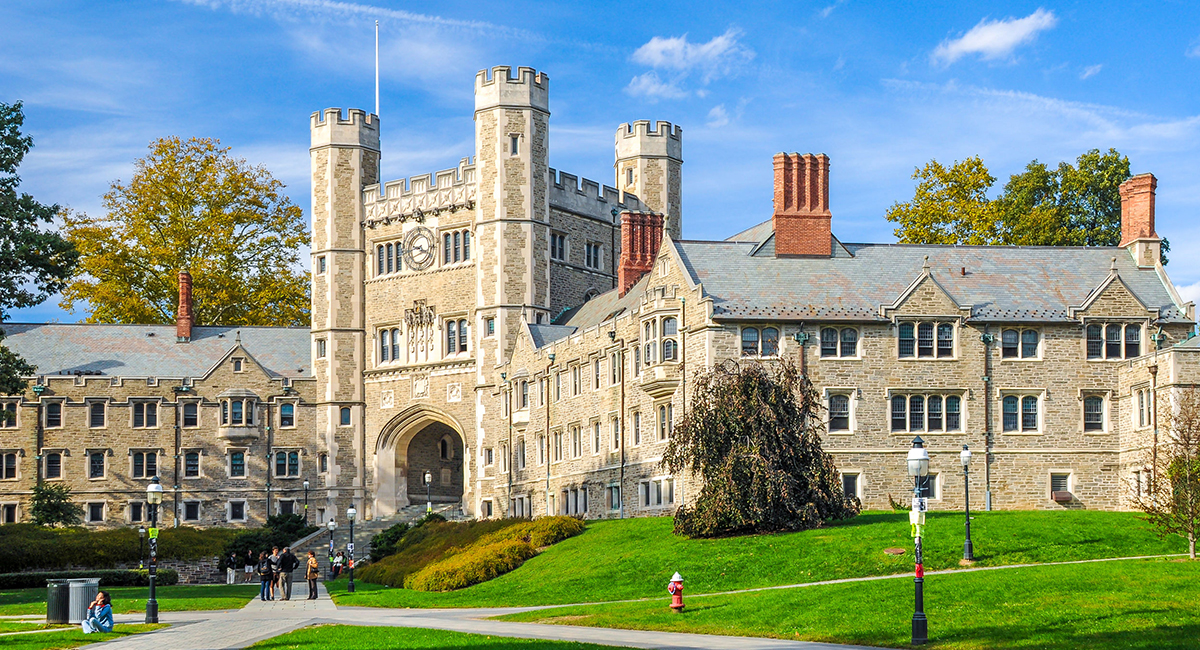The collegiate brouhaha over the landmark Supreme Court decision striking down race-based affirmative action in college admissions has revealed the true colors of the supposed crème de la crème of American higher education. Let me share the views of four current or former Ivy League presidents (courtesy of the staff of Sen. J.D. Vance):
- Christopher Eisgruber (Princeton University) vowed to pursue “diversity ... with energy, persistence, and a determination to succeed.”
- Peter Salovey (Yale University) said he was “deeply troubled.... Yale’s core values will not change.”
- Lee Bollinger (Columbia University), after saying the Supreme Court decision was a “tragedy,” added, “Diversity is central to our identity.”
- Elizabeth Magil (University of Pennsylvania) said, “We remain firm in our belief that our academic community is at its best when it is diverse,” and, “Our values and beliefs will not change.”
It is, as my friend, Samford University law professor (and Yale Law grad) Mike DeBow, described it, “a nice collection of ‘massive resistance’ statements.”
I find the reaction of many schools to the Students for Fair Admission v. Harvard decision to be appalling on at least six grounds. First and most fundamentally, the university presidents imply that the university itself takes positions on controversial public policy issues. Contrast this to the perspective expressed at the University of Chicago over a half-century ago in its Kalven Report and, more recently, in its Chicago Principles. To quote from the 1967 Kalven Report:
The university ... is a community which cannot take collective action on the issues of the day without endangering the conditions for its existence and effectiveness. There is no mechanism by which it can reach a collective position without inhibiting that full freedom of dissent by which it thrives.
When Magill says, “We remain firm in our belief,” and, “Our values ... will not change,” she sounds more like King Louis XIV (with the use of the royal “we”) than like an administrator overseeing a campus where a vigorous, although civil, debate occurs in a “marketplace of ideas.” Perhaps this is not unexpected from a university that is putting one of its more eminent professors (Amy Wax) through disciplinary hell simply because she has views differing from the woke majority at Penn.
Second, the outcry over the suppression of “diversity” is clearly completely related to the fact that “diversity” in the minds of many in the university community is mainly about race. The Kalven Report spoke positively of “diversity” —equating it to an environment where differing ideas flourish. Making decisions based on the race of the individuals used to be called “racist” because that is what it is. Students for Fair Admission v. Harvard continues a constitutional tradition going back to the 13th and 14th amendments, which forbid and condemn the most virulent forms of racism.
Third, the collegiate presidential reaction shows contempt and overt hostility toward public opinion. Opinion polls show that most Americans favor race-blind policies, opposing affirmative action efforts to incorporate race into decision-making. The decidedly liberal voters of California have twice said, “There will be no race-based affirmative action at California state universities,” as have others in blue states, such as in Washington and Michigan. The university presidents are effectively saying, “The public be damned,” or, “Us Philosopher Kings know more than the Little People who vote.” The hysterical reaction to the Supreme Court decision by our so-called educational leaders (and many of their followers as well) will further the decline in the proportion of Americans attending college.
Fourth, the objections of Ivy League leaders are breathtakingly hypocritical. These schools create the perception that they are “great” institutions precisely because they primarily serve a wealthy, mostly white clientele. Most have legacy admission policies favoring the mostly white children of alumni (along with a smaller number of nonwhite applicants whose parents are doctors, lawyers, academics, or business executives).
Fifth, the presidents seem to be advocating resistance to the rule of law—of having big decisions made through a two-century-old constitutionally created process that has served the nation extremely well. They seem to suggest, “We are going to continue to make decisions based on the race of applicants, even though we will have to be more circuitous about how we do it.”
Sixth, the reaction among influential thinkers in other nations is negative regarding the racial fanaticism of the elite schools. For example, the following pieces appeared in two of the most respected English magazines: “Why affirmative action in American universities had to go” (the Economist—on the cover!); “The Moral Bankruptcy of Ivy League America” (Financial Times). As for the French, they even outlaw the collection of data based on racial classifications, an idea deserving serious consideration in the United States.
As someone involved with universities over parts or all of eight decades, from the 1950s through this one, I love them. But I am sadly coming to the view that Milton Friedman seemed to be reaching shortly before his death: Rather than subsidize universities to accommodate their positive spillover impact on society, perhaps we should tax them to help pay for the damages arising from the “negative externalities” that they create.













